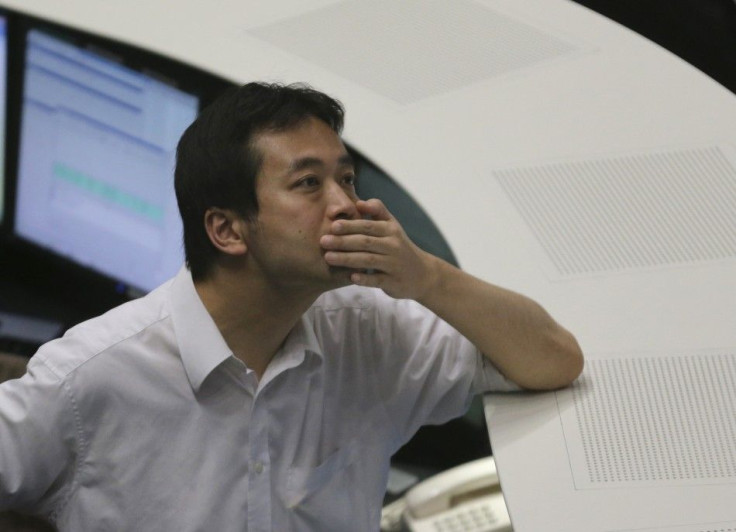Week Ahead: Asian Stock Markets To Open On A Positive Note

Stock markets in Asia are expected to begin the week on a positive note after official data Friday showed that the U.S. unemployment rate unexpectedly fell to a near four-year low in September.
The U.S. Labor Department reported that unemployment rate in the world’s largest economy fell to 7.8 percent in September, the lowest level since President Barack Obama took office, while 114,000 new non-farm jobs were added in September, slightly better than Reuters’ estimate of 113,000 jobs.
Asian stock markets mostly ended with gains last week as sentiment was buoyed following the better-than-expected U.S. economic data and the ECB President Mario Draghi’s comment that the ECB was ready to buy the bonds of the troubled euro zone nations. However, the weak economic reports from Japan and the Bank of Japan’s decision to keep its monetary policy unchanged weighed on the Nikkei.
Markets are expected to regain some momentum as China returns after a weeklong holiday closure. Sentiment will remain driven by global factors this week in the absence of any major regional risk events and a light calendar for economic news.
“Regardless of a return of an appetite for risky assets during Q3, the global economy is not sending encouraging signals. Growth (annual rate) is below 2 percent in the US. The Eurozone is still in a mild recession while China economic performance remains disappointing. The figures to be released in the next couple of days should not change this general impression of worrying weakness,” said a note from Credit Agricole.
In Japan, current account surplus for the of August is expected to be narrowed to 257.0 billion yen compared to 335.4 billion yen in July as the seasonal merchandise trade deficit for August showed a wider trade deficit at 472.8 billion yen and is expected to weigh on current balance. August machinery orders are expected to decline by 3.5 percent on a monthly basis following two straight months of increase.
The Bank of Korea (BoK) is likely to cut its key policy rate by 25bp to 2.75 percent Thursday as inflation remained at the bottom end of the BoK’s target range of 2 to 4 percent this year, leaving room for further easing.
Meanwhile, market participants are likely to turn their attention to the U.S. as the earnings season is set to kick off with U.S. aluminum producer Alcoa slated to report quarterly results after the market closes Tuesday. Analysts are expecting a third quarter profit of less than one cent per share, down from 15 cents per share in the same quarter a year ago. Other major companies like Wells Fargo, JPMorgan Chase & Co, Yum! Brands and Costco Wholesale will report their quarterly earnings during the week.
"It's a divergence right now where the valuations as far as equity prices (are concerned) have soared, and are really putting in place a stronger economy and stronger fundamentals. But earnings will be the telltale sign and if the guidance isn't particularly strong, the market might be setting itself up for a little disappointment. I don't see a major correction, but I do see a pullback,” Alan Lancz, president of Alan B. Lancz & Associates Inc., an investment advisory firm in Toledo, Ohio, told Reuters.
© Copyright IBTimes 2024. All rights reserved.





















